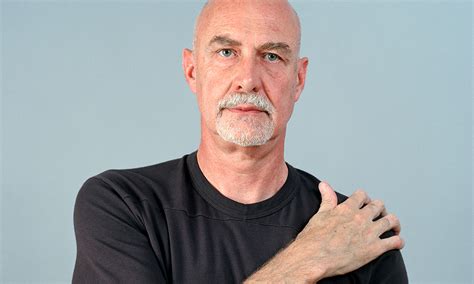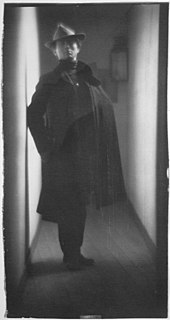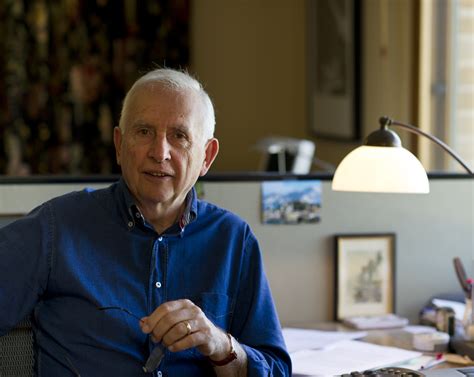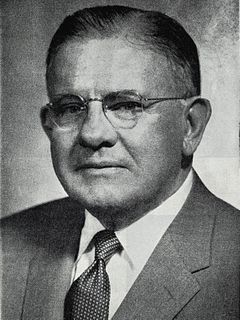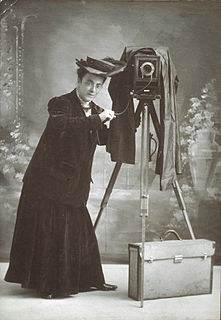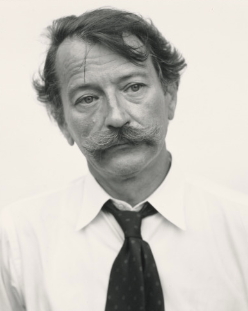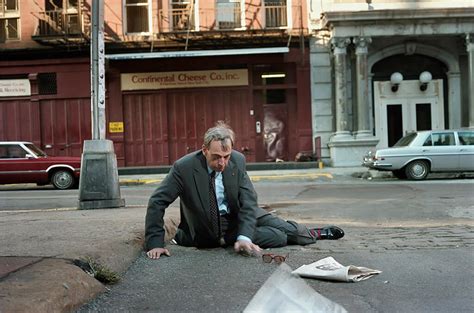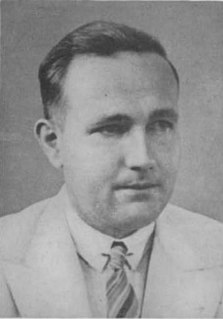A Quote by Ernst Haas
There are almost too many possibilities. Photography is in direct proportion with our time: multiple, faster, instant. Because it is so easy, it will be more difficult.
Related Quotes
I find that when one has worked long enough, technical know-how becomes almost irrelevant. In photography, it's not difficult to reach a technical level where you don't need to think about the technique any more. I think there is far too much literature and far too much emphasis upon the techniques of photography. The make of camera and type of film we happen to use has little bearing on the results.
As long as the centuries continue to unfold, the number of books will grow continually, and one can predict that a time will come when it will be almost as difficult to learn anything from books as from the direct study of the whole universe. It will be almost as convenient to search for some bit of truth concealed in nature as it will be to find it hidden away in an immense multitude of bound volumes.
Photography is a medium of formidable contradictions. It is both ridiculously easy and almost impossibly difficult. It is easy because its technical rudiments can readily be mastered by anyonwith a few simple instructions. It is difficult because, while while the artist working in any other medium begins with a blank surface and gradually brings his conception into being, the photographer is the only imagemaker who begins with the picture completed. His emotions, his knowledge, and his native talent are brought into focus and fixed beyond recall the moment the shutter of his camera has closed.
I want to enjoy the languor of just living, recognizing, acknowledging, taking it in, sort of amplifying it in some way. [Photography] is a great medium for that. It happens in an instant, but it gives you hours or days of time to reflect on things. It’s a beautiful system, this game of photography, to see in an instant and go back and think about later on. It’s pure philosophy. And poetry.
Too many photographers try too hard. They try to lift photography into the realm of Art, because they have an inferiority complex about their craft. You and I would see more interesting photography if they would stop worrying, and instead, apply horse-sense to the problem of recording the look and feel of their own era.
Photography is a system of visual editing. At bottom, it is a matter of surrounding with a frame a portion of one's cone of vision, while standing in the right place at the right time. Like chess, or writing, it is a matter of choosing from among given possibilities, but in the case of photography the number of possibilities is not finite but infinite.
Voices surround us, always telling us to move faster. It may be our boss, our pastor, our parents, our wives, our husbands, our politicians, or, sadly, even ourselves. So we comply. We increase the speed. We live life in the fast lane because we have no slow lanes anymore. Every lane is fast, and the only comfort our culture can offer is more lanes and increased speed limits. The result? Too many of us are running as fast as we can, and an alarming number of us are running much faster than we can sustain.
Experiments in geology are far more difficult than in physics and chemistry because of the greater size of the objects, commonly outside our laboratories, up to the earth itself, and also because of the fact that the geologic time scale exceeds the human time scale by a million and more times. This difference in time allows only direct observations of the actual geologic processes, the mind having to imagine what could possibly have happened in the past.

